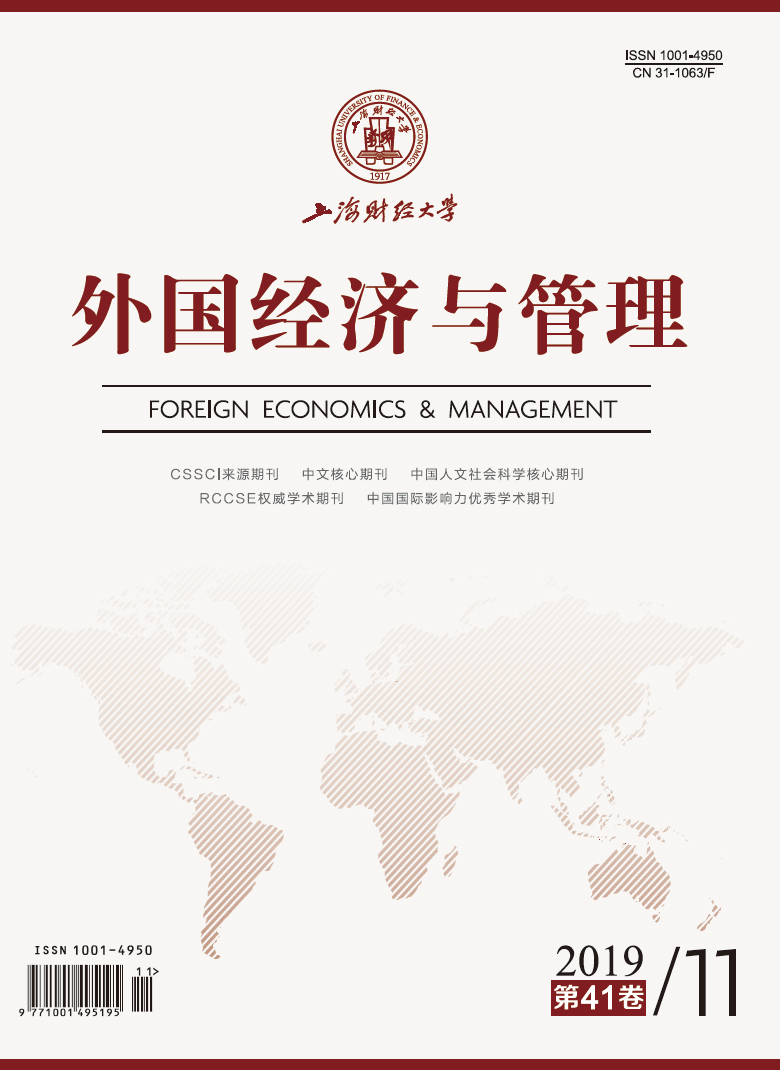This paper takes A-share listed manufacturing companies in China from 2010 to 2017 as the research sample, makes a theoretical and empirical study on the internal relationship among market expectation gaps, market expectation ratings and enterprise innovation behaviors, and further explores the moderating mechanism of institutional coverage and government subsidies. The results show that: Firstly, the greater the gap of market expectation is, the greater the pressure of enterprise managers on performance is, and the greater the probability of enterprises increasing innovation input is. Secondly, the higher the market expectation rating of the current investment value of enterprises is, the more likely investors are to make reverse investment. Managers need to improve the current performance to attract investors, and the probability of enterprises reducing innovation input is greater. Thirdly, institutions are concerned about enhancing the positive effect of market expectation gaps on enterprise innovation input, and government subsidies sometimes change the positive relationship between the two. Fourthly, both institutional coverage and government subsidies enhance the negative impact of market expectation ratings on enterprise innovation. The research contributions are as follows: Firstly, the performance predictions and investment grades of listed manufacturing companies from external stakeholders are objectively measured by the market expectation gaps and ratings of external market institutions, and how they influence enterprise managers’ innovation decision-making is discussed in depth, which enrich the research perspective of enterprise innovation behaviors. Secondly, from the dual external perspectives of capital market environment and government institutional environment, this paper explores the moderating and restrictive role played by two external governance factors, namely institutional coverage and government subsidies, between market expectation and enterprise innovation input, and expands the situational mechanism research in the field of enterprise performance feedback theory and signal transmission theory. The implications of this research on management practice are as follows: Firstly, managers should pay attention to the future development prospects of enterprises and take the initiative to undertake innovation risks in order to achieve the long-term expectation of the capital market. Secondly, the government should strengthen the construction of the capital market system and give full play to the external governance and supervision effects of brokerage intermediaries. Thirdly, the government should pay more attention to the construction and improvement of the institutional and market environment, encourage enterprises to innovate constantly.
 / Journals / Foreign Economics & Management
/ Journals / Foreign Economics & ManagementForeign Economics & Management
JIN Yuying, Editor-in-Chief
ZhengChunrong, Vice Executive Editor-in-Chief
YinHuifang HeXiaogang LiuJianguo, Vice Editor-in-Chief
The Impact of Market Expectation on Manufacturing Enterprises’ Innovation Input: The Moderating Role of Institutional Coverage and Government Subsidies
Foreign Economics & Management Vol. 41, Issue 11, pp. 57 - 69 (2019) DOI:10.16538/j.cnki.fem.20190812.002
Summary
References
Summary
Cite this article
Jiang Zhangsheng. The Impact of Market Expectation on Manufacturing Enterprises’ Innovation Input: The Moderating Role of Institutional Coverage and Government Subsidies[J]. Foreign Economics & Management, 2019, 41(11): 57-69.
Export Citations as:
For
ISSUE COVER
RELATED ARTICLES




 10921
10921  6719
6719

